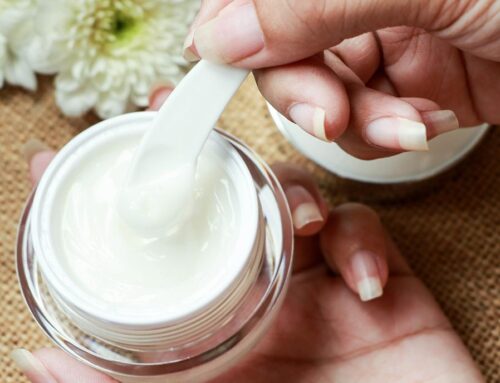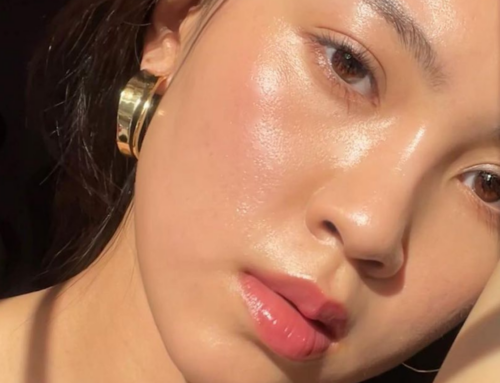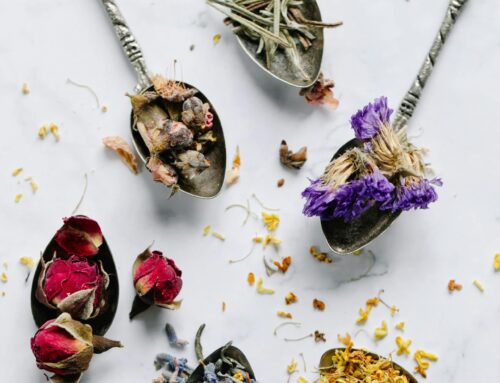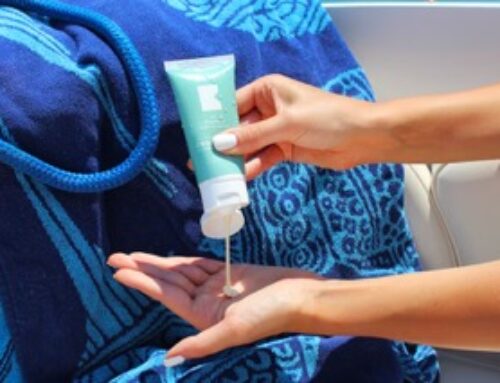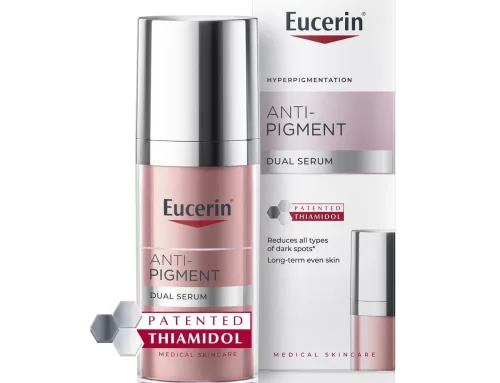In recent years, the beauty industry has seen a growing demand for halal-certified products, reflecting the increasing importance of ethical consumerism. But what exactly makes cosmetics halal, and why are they gaining popularity among both Muslim and non-Muslim consumers?
What Makes Cosmetics Halal?
Halal cosmetics are products that meet Islamic law’s stringent guidelines, ensuring they are free from any substances considered “haram” or forbidden. This includes ingredients derived from animals like pork, carnivorous animals, and blood, as well as alcohol, which is considered impure. The entire production process, from sourcing ingredients to packaging, must also follow specific protocols to avoid cross-contamination with non-halal substances.
The focus is not only on the ingredients but also on maintaining high standards of purity, cleanliness, and ethical sourcing throughout the supply chain. This is why halal cosmetics often overlap with other ethical practices, such as being cruelty-free, eco-friendly, and in some cases, vegan.
Types of Halal Cosmetics
Halal cosmetics cover a wide range of beauty products that are commonly used in daily routines. Here are some popular types:
- Makeup Products: From foundations, blushes, and eyeshadows to lipsticks, halal-certified makeup products are free from animal-derived ingredients like gelatin and carmine. Brands like Amara Halal Cosmetics offer a variety of halal makeup.
- Nail Polishes: One unique product in the halal beauty market is halal nail polish, which is designed to be water-permeable. This allows Muslim women to perform wudhu (ablution) without having to remove their nail polish. Brands like Tuesday in Love and Maya Cosmetics specialize in water-permeable, halal nail polishes.
- Skincare: Halal skincare includes cleansers, moisturizers, serums, and sunscreens that avoid alcohol/ impure ingredients. Brands like IBA Halal Care and Sampure Minerals offer halal-certified skincare product.
- Haircare: Shampoos, conditioners, and hair treatments that are halal-certified also avoid alcohol and animal-derived ingredients. Halal haircare products are formulated to be safe and effective, while adhering to Islamic principles.
These categories allow consumers to maintain their beauty routines while ensuring that their products are aligned with ethical and religious values.
Popular Halal Cosmetic Brands Available in the U.S.
Several halal-certified cosmetic brands are readily available in the United States, providing high-quality, ethical beauty products:
- Amara Halal Cosmetics: Based in the U.S., Amara offers a full range of makeup products including foundations, eyeliners, and lipsticks that are halal-certified and cruelty-free. Available online and through select retailers.
- Inika Organic: Although an Australian brand, Inika Organic is widely available in the U.S. The brand is known for its organic and halal-certified beauty products, offering makeup that is also eco-friendly and vegan.
- IBA Halal Care: Originating from India, IBA Halal Care offers skincare, haircare, and makeup that are halal-certified. Their products, which include creams, serums, and lipsticks, are available online for U.S. consumers.
These brands are not only meeting the needs of Muslim consumers but also gaining popularity among those who prioritize ethical beauty choices, offering a range of products that adhere to both religious and clean beauty standards.
Why Are Halal Cosmetics Becoming Popular?
As consumers become more knowledgeable about the ingredients in their products, the demand for halal cosmetics has skyrocketed. The halal beauty industry is expected to grow significantly, driven by younger, ethically minded consumers across the globe. In fact, halal beauty is becoming more than a religious standard; it’s viewed as a mark of ethical, clean beauty by a wide range of consumers.
Halal cosmetics are setting a new benchmark for beauty standards, not only adhering to religious principles but also offering products that are ethical, clean, and safe for all consumers. Whether you’re seeking religiously compliant products or are simply interested in more responsible beauty options, halal cosmetics are a fantastic choice that aligns with modern values.
Sources:
- “What is Halal Beauty? The Future of Halal-Certified Cosmetics” by Meiyume meiyume.com
- “Halal Cosmetics: General Information and Certification Guidelines” by Halal Food Council USA halalfoodcouncilusa.com
- “Discovering Halal Cosmetics: A Guide to Ethical Beauty Products” by Kreizi Beauty kreizibeauty.com
- “What is Halal Cosmetics?” by The Halal Times halaltimes.com

